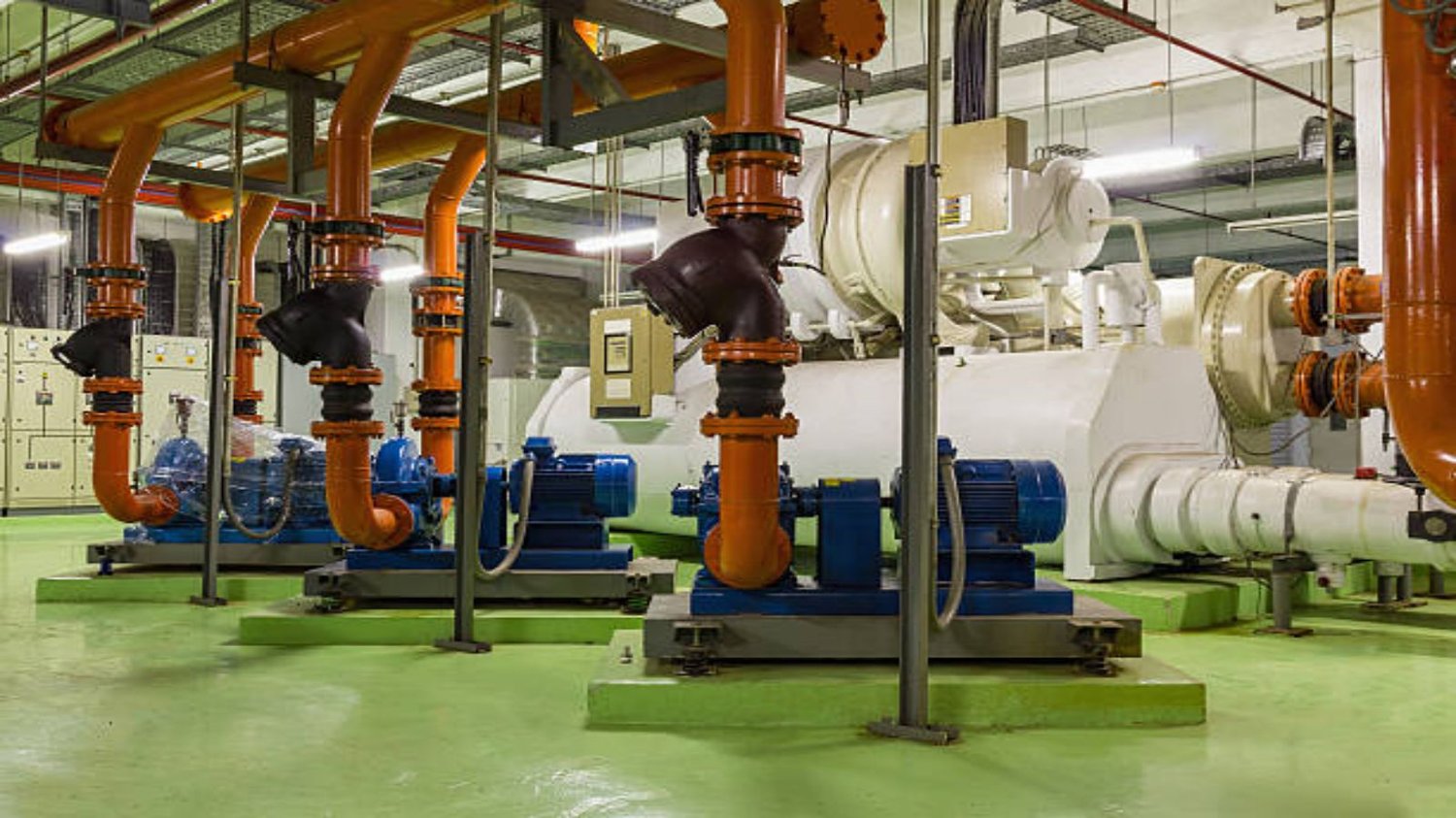water cooled chillers: The Ultimate Guide
Introduction
Water cooled chillers are an essential component of many industrial and commercial cooling systems. They are designed to remove heat from a process or space by circulating chilled water through a refrigeration cycle. In this comprehensive guide, we will explore the different aspects of water cooled chillers, including their operation, benefits, applications, and maintenance.
1. How Do Water Cooled Chillers Work?
Water cooled chillers work on the principle of heat exchange. The chiller's refrigeration cycle starts with the compression of refrigerant gas, which raises its temperature and pressure. The hot refrigerant gas then enters a condenser, where it releases heat to the cooling water circulating through the condenser tubes. As the heat is transferred, the refrigerant cools down and condenses into a liquid.
2. Benefits of Water Cooled Chillers
Water cooled chillers offer several advantages over other cooling systems:
- Energy Efficiency: Water cooled chillers are typically more energy efficient than air cooled chillers, as they can utilize lower condensing temperatures.
- No Noise Pollution: Water cooled chillers operate quietly, making them suitable for noise-sensitive environments.
- Long Lifespan: With proper maintenance, water cooled chillers can have a longer lifespan compared to other cooling systems.
- Space Saving: Water cooled chillers are compact and can be installed in small spaces, making them ideal for areas with limited room.
3. Applications of Water Cooled Chillers
Water cooled chillers find extensive use in various industries and applications:
- Commercial Buildings: Water cooled chillers are commonly used for cooling large office buildings, shopping malls, hotels, and hospitals.
- Manufacturing: They are used in manufacturing processes that generate a significant amount of heat, such as plastic injection molding, metalworking, and chemical production.
- Power Generation: Water cooled chillers play a vital role in power plants by cooling the generators and other equipment.
- Pharmaceuticals: They are crucial for maintaining precise temperatures in pharmaceutical production, storage, and research facilities.
4. Factors to Consider When Choosing a Water Cooled Chiller
When selecting a water cooled chiller for your specific application, it is important to consider the following factors:
- Cooling Capacity: Determine the required cooling capacity based on the heat load of your process or space.
- Efficiency: Look for chillers with high energy efficiency ratings to optimize energy consumption.
- Footprint: Consider the available space for installation and choose a chiller that fits within the allocated area.
- Reliability: Select a reputable brand known for producing reliable and durable chillers.
5. Maintenance of Water Cooled Chillers
Proper maintenance is crucial to ensure the optimal performance and longevity of water cooled chillers:
- Regular Cleaning: Clean the condenser and evaporator coils to remove dirt, debris, and scale buildup.
- Inspect and Replace Filters: Check and replace filters regularly to maintain proper airflow and prevent clogging.
- Monitor Refrigerant Levels: Regularly check and top-up refrigerant levels as per manufacturer guidelines.
- Check for Leaks: Inspect for any refrigerant or water leaks and address them promptly to prevent further damage.
6. The Importance of Proper Water Treatment
Water treatment is essential to ensure the efficient operation of water cooled chillers:
- Scale and Corrosion Prevention: Treat the cooling water to prevent scale formation and corrosion, which can reduce chiller efficiency.
- Biological Growth Prevention: Implement measures to inhibit the growth of algae, bacteria, and other microorganisms in the cooling water.
- Water Quality: Maintain proper water quality by monitoring parameters such as pH, conductivity, and total dissolved solids.
7. Common Issues and Troubleshooting
Water cooled chillers may encounter various issues that can impact their performance. Here are some common problems and troubleshooting tips:
- Insufficient Cooling: Check for dirty condenser coils, low refrigerant levels, or a faulty compressor.
- Water Leaks: Inspect hoses, valves, and connections for any leaks and repair or replace as necessary.
- Poor Water Flow: Ensure proper water flow by checking for clogged filters, blocked pipes, or malfunctioning pumps.
8. Environmental Considerations
Water cooled chillers have a lower environmental impact compared to air cooled chillers:
- Water Conservation: The closed-loop system of water cooled chillers reduces water consumption by recycling and reusing the cooling water.
- Reduced Heat Emissions: Water cooled chillers release heat into the cooling water, minimizing the impact on the surrounding environment.
- Energy Efficiency: Their higher energy efficiency helps reduce overall energy consumption and greenhouse gas emissions.
9. Cost Considerations
The initial cost of water cooled chillers may be higher compared to air cooled chillers. However, the long-term cost savings can outweigh the initial investment due to their energy efficiency and durability. It is essential to evaluate the lifecycle cost, including energy consumption, maintenance, and potential downtime.
10. Conclusion
Water cooled chillers are efficient, reliable, and versatile cooling systems used in various industries. By understanding their operation, benefits, applications, and maintenance requirements, you can make informed decisions when selecting and maintaining a water cooled chiller for your specific needs.
